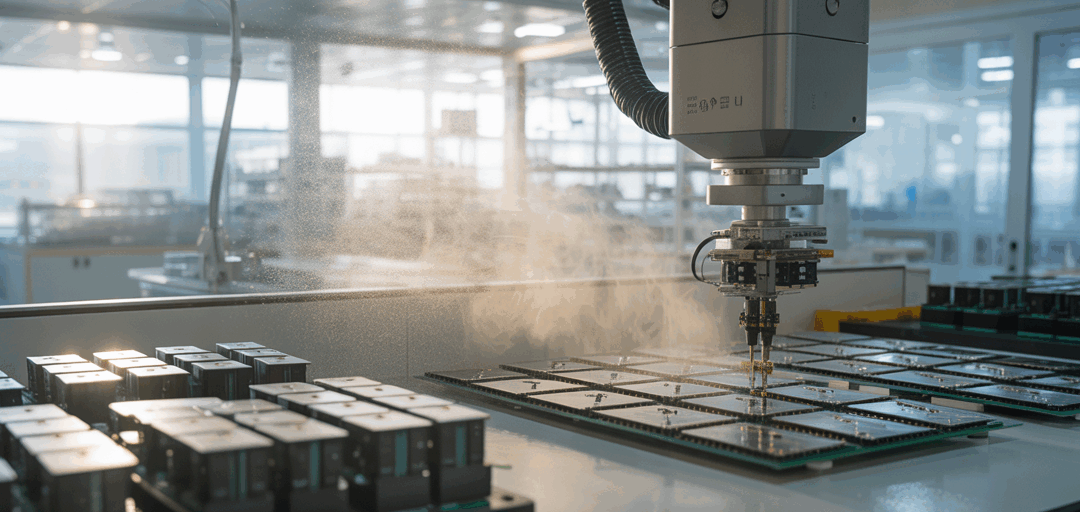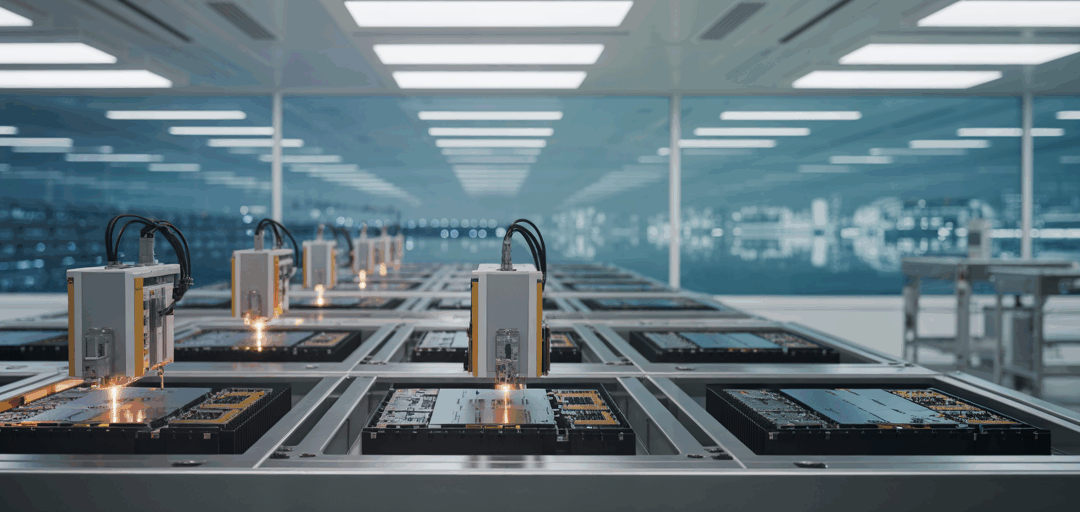The produce industry operates under a high level of oversight. Raw consumable products are susceptible to damage. Their shelf life depends on having certain conditions met and maintained. Even then, produce suppliers and retailers often experience high loss percentages because of less-than-perfect storage environments.
Almost every cold storage facility is equipped with climate control equipment such as HVAC cooling and heating, along with some type of humidification system. In fact, relative humidity is so crucial for retaining the freshness of cold-stored produce that many rooms are constructed with built-in industrial humidifiers. They provide the essential relative humidity needed for optimal storage.
Understanding how humidifiers work in this type of environment, as well as the technological improvements that have been made to commercial systems, can help you reduce costs and increase profitability.
Reduce Damages
Cold storage is designed to extend the shelf life of fruits and vegetables. When conducted properly, weeks and even months can be added to prevent deterioration. For example, onions can be stored for nearly eight months and potatoes can retain freshness for over a year with the right relative humidity.
A problem occurs when humidification systems contain hygrometers that cannot distinguish relative humidity levels over 90 percent. For proper cold storage, the interior atmosphere needs approximately 95-99 percent relative humidity. Anything less means that the humidity won’t adequately prevent dehydration.
Cold storage humidifiers with advanced hygrometers maintain the high level of humidity required to prevent cracking and drying that prematurely ages produce.
Prevent Early Rotting
Fruits are especially susceptible to early rotting. Brown spots quickly decrease the value of your product at market. Damage like this appears on raw consumables when the relative humidity inside a cold room drops.
When doors are opened, two things happen. Warm air causes the temperature to drop below the dew point and the water condenses on cooling coils. When the relative humidity plummets, the warmer air draws moisture from wherever it can, including the produce.
The subsequent product weight loss, which can result in as much as 20 percent, negatively effects the cells. Produce becomes brown and withered, decreasing the quality and shelf life, which cuts the value. Industrial humidification systems that are specifically designed for cold storage negate the problems created by warm air entering the room.
Increase Sanitation
Bacteria can reside on the surface of raw fruits and vegetables, presenting serious health risks for consumers. In an effort to reduce outbreaks and limit their impact, the federal government passed the Food Safety Modernization Act in 2011. The purpose of the new regulation is to track produce from the source, in order to halt distribution quickly in the event of contamination.
New technology makes it easier for growers and suppliers to maintain sanitary environments after the harvest and during transport. In fact, de-correlation technology changes the molecular structure of water droplets, attracting bacteria and other contaminants and neutralizing it for safe consumption.
One hundred percent evaporation and the ability to inject water-soluble solutions into the atmosphere means that during packing, you can eliminate dust, fine particles, and insects from the produce. The super-fine mist that doesn’t wet the surroundings permeates packaging, so you can be sure of 100 percent coverage.
Without wetting the produce, advanced humidifiers feature food-grade stainless steel construction and eliminate:
- All human pathogens
- Post-harvest contamination
- Dust, mold, and all bacteria
Your company delivers fresh, great-tasting fruits and vegetables that have been thoroughly disinfected.
Reduce Operating Expenses
Older model humidifiers often require regular, costly maintenance and operate inefficiently. Newer systems conserve water and electricity, delivering a true “dry fog.” Sophisticated controls monitor and maintain precise conditions. This limits the drain on your traditional HVAC units, improves the surroundings, and allows you to maintain 99 percent relative humidity without using as much energy as older model systems.
Industrial humidifiers are essential to cold storage facilities. They deliver important climate controls that prolong the shelf life of produce by ensuring that product weight loss and similar damages don’t interfere with getting the best price for the best quality.





